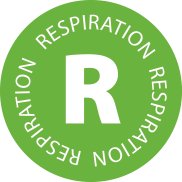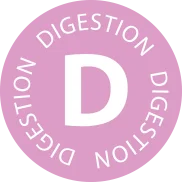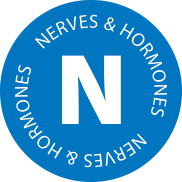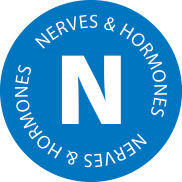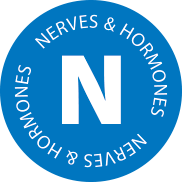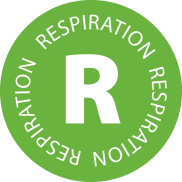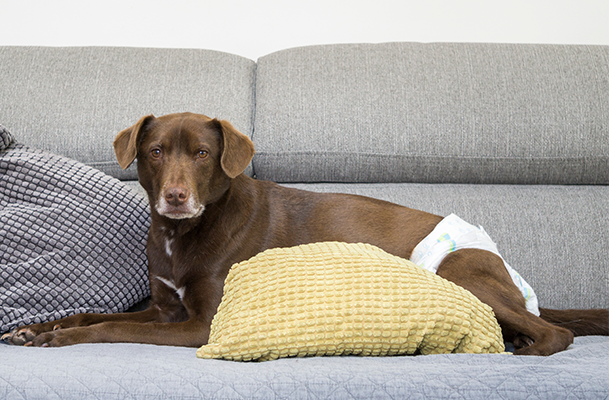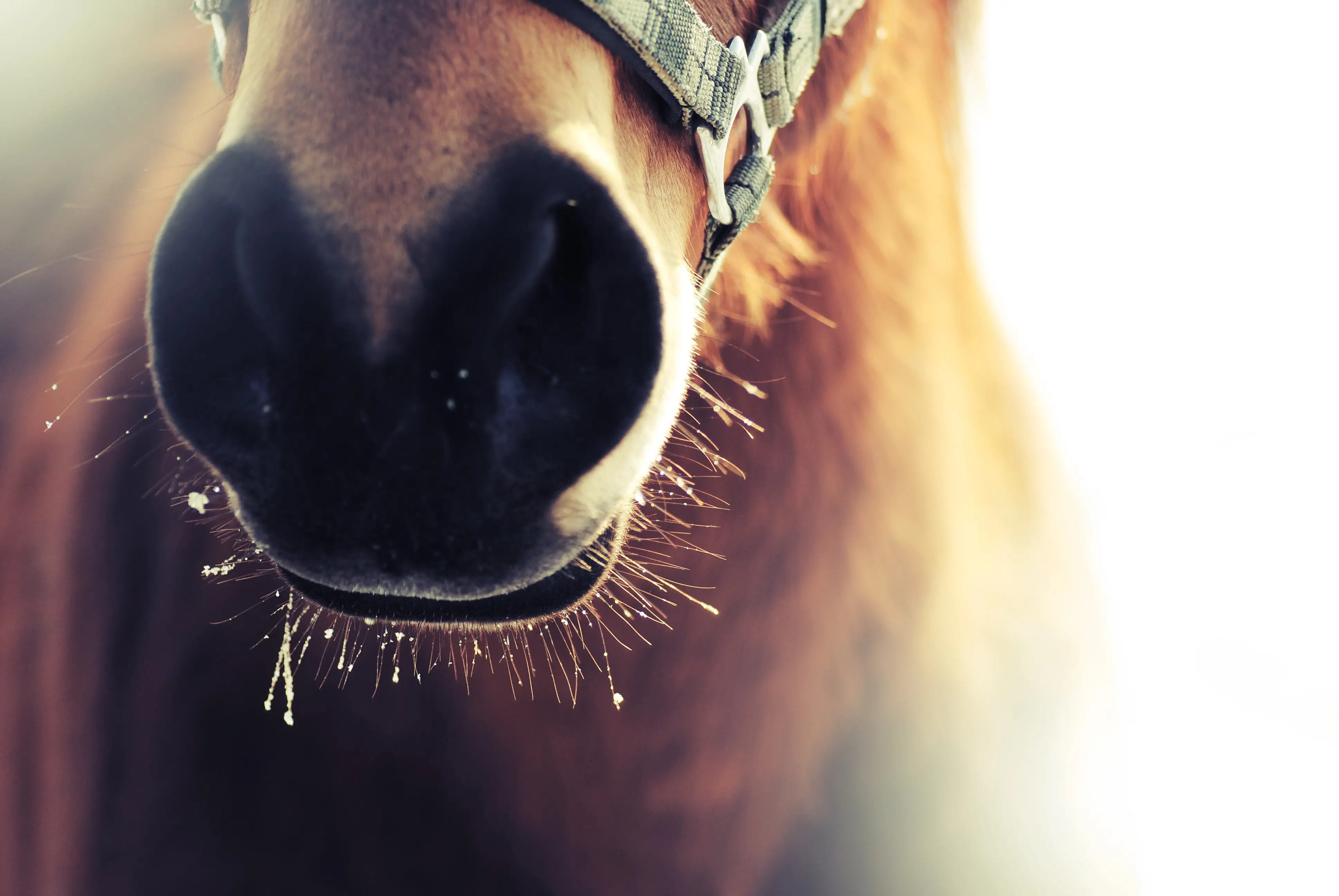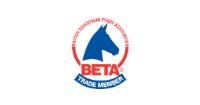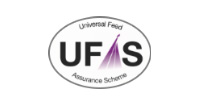09 February
Hormonal imbalance in neutered dogs
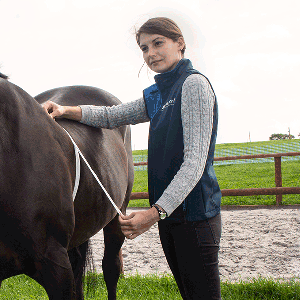 Edeline Bourrier
Edeline Bourrier
Edeline Bourrier
Edeline Bourrier
Spaying or castrating is considered a routine procedure by many vets. It involves removing an animal’s reproductive organs. Without the reproductive organs, sexual hormone production, in particular oestrogen and testosterone, is altered and it can affect the functioning of other organs of the dog’s body.
Why do we neuter our dogs?
There are many reasons to spay dog, mainly:
Before making the decision of having your dog neutered, it is worth considering a few elements:
- Neutering won’t solve all the behavioural issues. Take some time to discuss neutering implant options with a vet and a behaviourist. One of the main advantages is that this is temporary and can help test the behavioural response before committing to neutering.
- Done at the wrong time neutering can affect growth and behaviour
- Weight: neutered dogs appetite tends to increase whilst their actual daily energy need can drop by up to 20%. In addition, they can become less active. Reviewing the diet and exercise needs is a must to avoid ending up with an overweight dog.
- Skin and coat issues: dull coat, dermatitis, and alopecia
- Urinary tract issues, in particular incontinence which is more common in bitches than dogs
How to help my dog if they suffer from hormonal imbalance side effects after neutering?
Most often than not, neutering will have very little effects on your dogs health and behaviours. Unfortunately, in some cases endocrine changes brought by neutering can affect their quality of life.
Behavioural issues
In this situation, the first port of call is to consult a vet and a behaviourist. In addition, some supplements can be added to the diet to help with training or rehabilitation.
- Alpha-clozapine, L-Tryptophan and L-theanine are precursors to serotonin synthesis. They can help with behavioural issues linked to anxiety and fearfulness.
- Phytotherapy can also bring some relief. Look out for valerian, skullcap or vervain rich supplements as these herbs are traditionally used to support stressed or anxious animals.
Incontinence
Incontinence tends to affect bitches more than dogs. If your neutered bitch becomes incontinent, always get the cause investigated by vet. A hormone deficiency can be linked to incontinence, especially in later years. The physical changes of neutering can also have an impact on the urinary system.
- Veterinary treatments include oestrogen supplementations, medication aimed at improving urethral sphincter tone and surgery.
- Some herbs to look for in supplements that are traditionally used to support the hormonal and urinary system are vitex agnus castus, horse rail, hydrangea and cramp bark.
Conclusion
To neuter or not to neuter can be a heated subject. It is important to consider what is the best for your pet, their lifestyle (and yours!), their health and environment. Having a chat with a vet, a trainer, a behaviourist, and other animal welfare professionals can be helpful to make an educated choice.
Our Product Suggestions:



Reference
- Behavioural risks in female dogs with minimal lifetime exposure to gonadal hormones, Melissa Starling, Anne Fawcett, Bethany Wilson, James Serpell, and Paul McGreevy, Public Library of Science, US Natioonal Library of Medicine National Institute of Health, 2019.
- Incontinence urinaire après castration : femelle et mâle Clinique vétérinaire les Poumadères
 About Edeline Bourrier
Edeline Bourrier
About Edeline Bourrier
Edeline Bourrier



